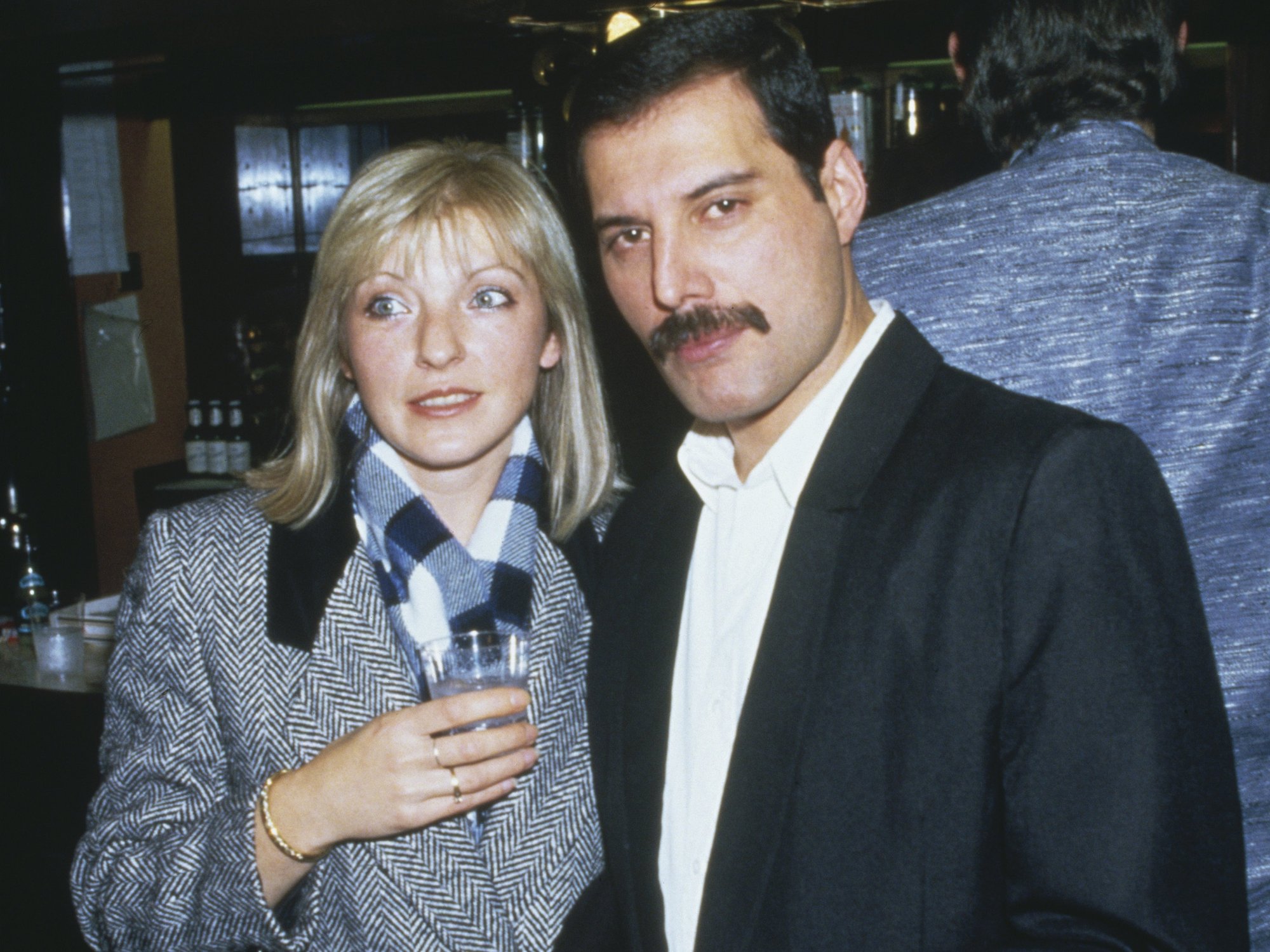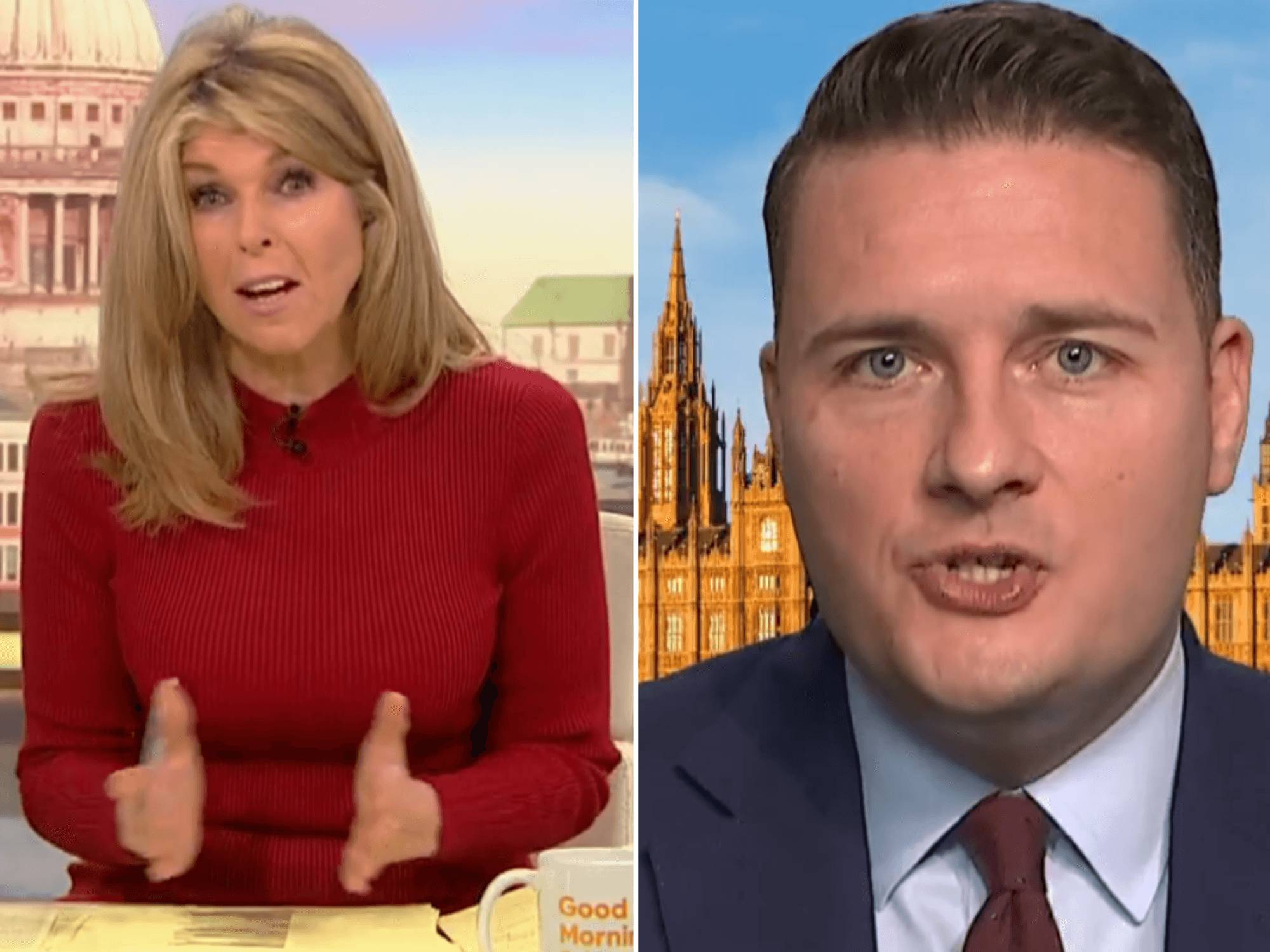'Starmer never had to win the election- it was gifted to him by the failing Conservatives,' says Ann Widdecombe

'The Tories will be pulverised this election' says Ann Widdecombe
|PA

'Reform is ideally placed to become either the formal or the effective Opposition after July 4'
Don't Miss
Most Read
When they produce statistics, politicians talk about the headline figures and the underlying trend, by which of course they mean what the figures show at the moment and whether they are moving upward, downward or remaining static.
On that basis Reform UK can expect a very respectable number of seats on July 4th, for it began with all the polls forecasting nil, then moved to 6 or 7 and now there are polls showing Reform set to get 16. So, on the basis of the underlying trend, if it is 16 today it could be a very reasonable-sized opposition party in a couple of weeks’ time.
On such extrapolations it has already passed the number of Lib Dems elected in 2019.
However, the more interesting question is “what then?” What does Farage do with a parliamentary presence? Does he forge a coalition with the Conservatives or indeed also with the Unionists? If so, on what terms? Or does he simply swallow up whatever Conservative rump is left into Reform UK? Doubtless it is the debate of many a dinner party.
I have been saying for some time that whatever happens on July 4th, Reform UK will be the effective opposition, regardless of whether it can form a sizeable parliamentary one.
The Tories will be pulverised, which as someone who was a Conservative for 55 years, I take no pleasure in saying but the blunt truth is that they deserve to be.
They must then decide what sort of phoenix arises from the ashes and if it is merely a dripping wet, metropolitan elite one or a carbon copy of the gross rabble which has brought about the destruction, then Farage and Reform will be simply unwilling to engage or even to contemplate engaging.
That in turn means that Reform will continue its relentless assault and the Tories will have no prospect of recovery. Under those circumstances the ultimate fate of the Conservatives must be a split between its wings with one amalgamating with Reform and the other with the Lib Dems.
In many ways that would be a pity because the Conservative Party was at the height of its formidable reputation and power when it was a broad church. Yet it is almost certainly inevitable.
When one remembers the Thatcher cabinets one recalls the Clarkes and Heseltines of this world delivering her programme as did Michael Howard and Peter Lilley faithfully serve John Major.
Such days are long gone for a number of reasons: the depth of the division on Europe which the referendum brought to a head, the declining quality of MPs produced largely by positive discrimination at the expense of merit, the drift towards globalism, the growth of woke and political myopia.
Starmer has never had to win this election. It was gifted to him by the Conservative Party even before it was announced. We know what the government will be but what at this stage we do not know is what the Opposition will be and which of the above or indeed other scenarios will materialise.
Reform is therefore ideally placed to become either the formal or the effective Opposition and then the challenge will be to do that job sufficiently well to become the government in 2029. Meanwhile all eyes rest on that trend in the number of seats, on which depends the nature of a Reform -led Opposition.










